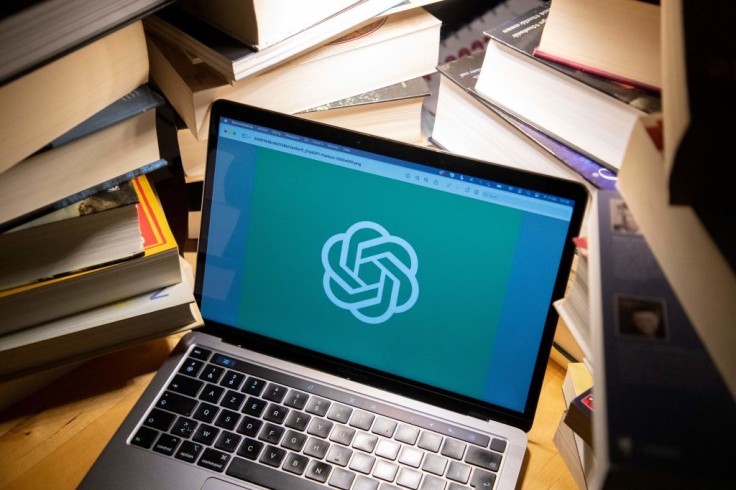OpenAI has now taken the first steps to prevent people from using its ChatGPT to cheat on assignments and academic tasks, TechCrunch reported.
OpenAI claimed that it plans to take a "deliberate approach" to make ChatGPT-generated answers more identifiable, preventing the technology from being abused by "bad actors and the potential to disproportionately impact groups like non-English speakers."

TechCrunch reported that OpenAI has since turned to implement a "text watermarking method" to make its AI-generated content easily identifiable even in other platforms and AI detection tools.
The company did not provide an exact timeline for when the new AI feature will be released but claimed that current developments indicate that it is "technically promising."
The tool is set to replace the company's previous AI text detection tool it discontinued last year because of its "low rate of accuracy."
OpenAI Faces Criticisms on Academic Abuse of ChatGPT
OpenAI's recent plans to make its AI-generated content more visible to detection can be seen as a response to growing criticisms about its products being misused for cybercrimes and academic cheating.
Concerns around the technology first started during the COVID-19 pandemic when most classes were online as students were caught using its chatbot to generate answers in an instant.
This was the time when OpenAI and ChatGPT first broke into the mainstream as more people became aware of the technology's potential, including its capabilities to provide answers in an instant.
Many universities and academic institutions have already banned the use of ChatGPT and other AI chatbots in schoolwork at the risk of academic punishment or even expulsion.
OpenAI Partners with Academic Bodies, Offers New Research Tools
The company's recent attitude towards academic ethics can also be seen as its way to close up with institutions as the AI startup moves to develop its own search engine platform to compete with Google Search.
It can be remembered that OpenAI has previously partnered with Oxford University, Arizona State University, and many others as it tests out potential applications of its technology in academic research and studies.
Just months later, the company unveiled a new ChatGPT model dedicated to universities and colleges to provide "personalized tutoring for students and reviewing their resumes."
Related Article : OpenAI Unveils a New ChatGPT Model Dedicated for Universities, Colleges









